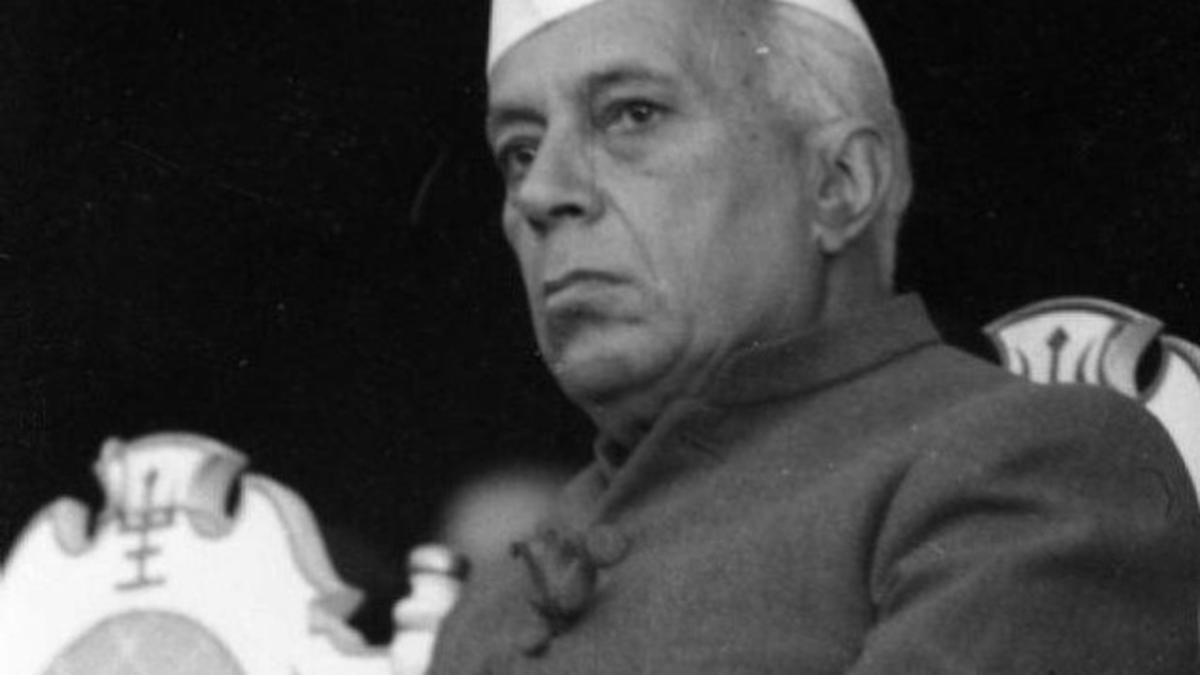How? You might ask?
Say the Indian Leadership was much more competent and had its priorities straight Economically, technologically, militarily and in terms of foreign relations. India adopts Neutrality in the cold war but the leadership is less idealistic and realizes that the country is surrounded by enemies and takes steps to buff up the military. Say the leadership does not adopt license raj and makes modernization of agriculture a top priority and takes steps to modernize it this generates vast surplus of sugar, cotton and other agricultural stuff which the country exports and imports technology, know how and weapons from both the Soviet Bloc and American bloc, whatever tech that they could get their hands on was imported and steps taken to absorb it such that by the late 50s the country was self sufficient in food, had basic industries and had a respectable, modernized armed forces. Basically India could withstand a war of attrition if need be. The thing in the Himalayas is that you just can't place a military all across the border, it is just not affordable nor does it makes sense. So Chinese would build up troops in those sectors where they have the advantage and Indians would build up troops in those sectors where they have the advantage.
So as China builds up its armed forces on its side of the border the Indians do the same and tension builds up and war breaks out. Chinese troops would cross the Indian border and occupy territory and Indians would cross into China and occupy Chinese territory in retaliation. Soon Indian army and air force with American/British help and aid re-organize the troops and efforts and begin to clear Chinese troops from the occupied Indian territory with Indian troops in China preventing any reinforcements reaching the troops in India with diversionary attacks. As the costs both Human and material mounts up for both especially on the Indian side, India decided to pull back from most of the Chinese territory expect for for strategic or tactically important passes or valleys in areas bordering India and declares a unilateral cease fire. Leaving China with a bloody nose.
My question is
1. What would happen to Mao and the PRC?
2. How would the western Bloc react?
3. How would the soviets react to their biggest "Ally" getting kicked in head, will Sino-Soviet split still happen?
4. How would this play into the Cuban missile crises or it plays no role
5. How would Pakistan react?
6. How would the rest of the non aligned world react?, assuming they do absolutely nothing to help India like was the case in our timeline.
Say the Indian Leadership was much more competent and had its priorities straight Economically, technologically, militarily and in terms of foreign relations. India adopts Neutrality in the cold war but the leadership is less idealistic and realizes that the country is surrounded by enemies and takes steps to buff up the military. Say the leadership does not adopt license raj and makes modernization of agriculture a top priority and takes steps to modernize it this generates vast surplus of sugar, cotton and other agricultural stuff which the country exports and imports technology, know how and weapons from both the Soviet Bloc and American bloc, whatever tech that they could get their hands on was imported and steps taken to absorb it such that by the late 50s the country was self sufficient in food, had basic industries and had a respectable, modernized armed forces. Basically India could withstand a war of attrition if need be. The thing in the Himalayas is that you just can't place a military all across the border, it is just not affordable nor does it makes sense. So Chinese would build up troops in those sectors where they have the advantage and Indians would build up troops in those sectors where they have the advantage.
So as China builds up its armed forces on its side of the border the Indians do the same and tension builds up and war breaks out. Chinese troops would cross the Indian border and occupy territory and Indians would cross into China and occupy Chinese territory in retaliation. Soon Indian army and air force with American/British help and aid re-organize the troops and efforts and begin to clear Chinese troops from the occupied Indian territory with Indian troops in China preventing any reinforcements reaching the troops in India with diversionary attacks. As the costs both Human and material mounts up for both especially on the Indian side, India decided to pull back from most of the Chinese territory expect for for strategic or tactically important passes or valleys in areas bordering India and declares a unilateral cease fire. Leaving China with a bloody nose.
My question is
1. What would happen to Mao and the PRC?
2. How would the western Bloc react?
3. How would the soviets react to their biggest "Ally" getting kicked in head, will Sino-Soviet split still happen?
4. How would this play into the Cuban missile crises or it plays no role
5. How would Pakistan react?
6. How would the rest of the non aligned world react?, assuming they do absolutely nothing to help India like was the case in our timeline.
